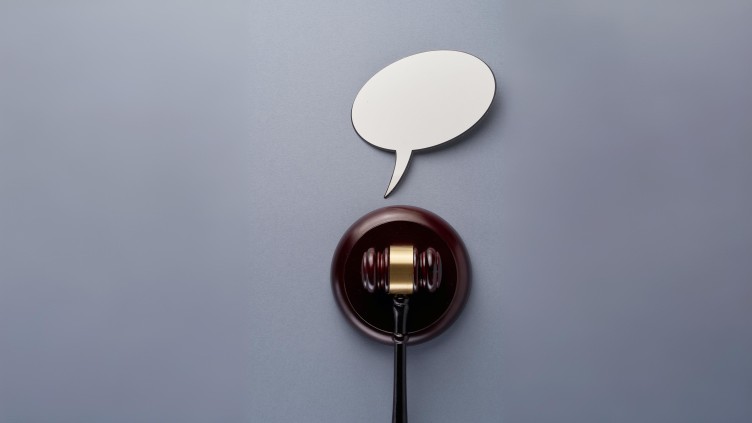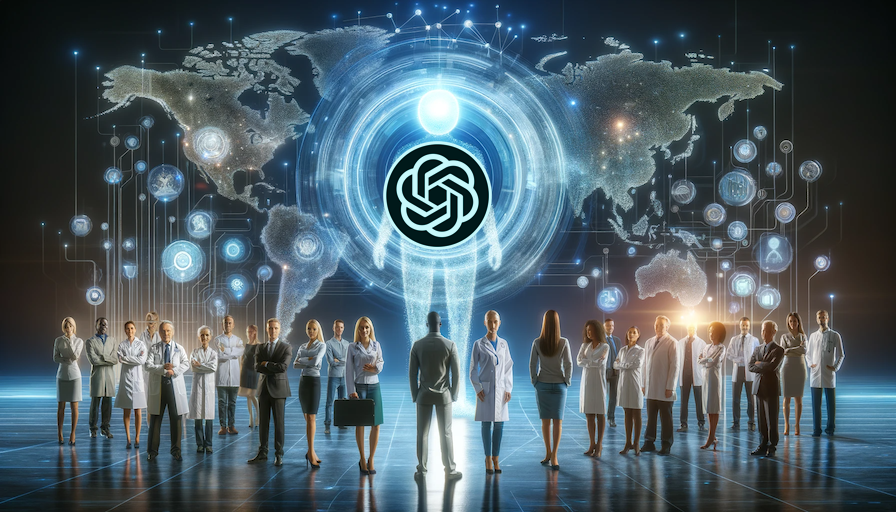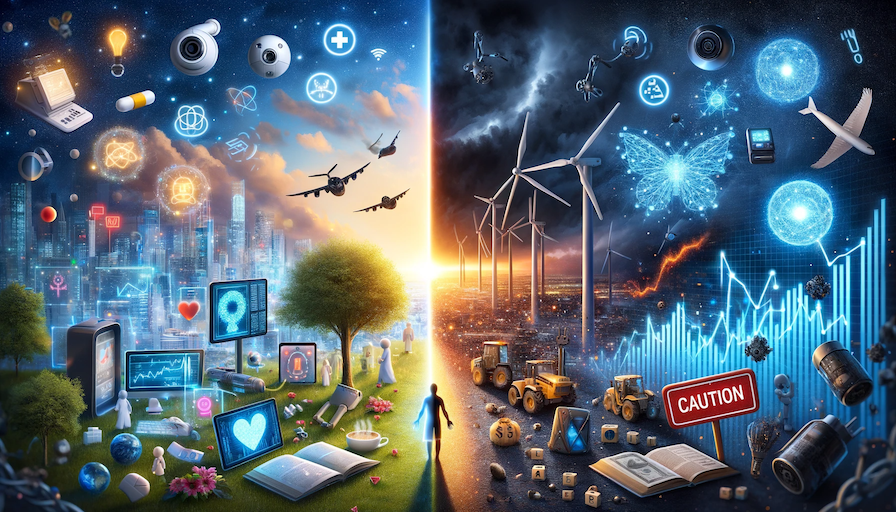
New Ethical Challenges: AI, Confidentiality, and Artistic Integrity - A Comprehensive Examination
The dawn of artificial intelligence has undoubtedly launched us into a new age of digital capabilities. The integration of these transformative technologies into our daily routines is not only reshaping our interactions but also redefining what's achievable. Yet, within the nuances of these advancements lurk complex ethical dilemmas that urgently demand our attention, from intricate concerns surrounding user confidentiality to the looming questions over the sanctity of human-driven inventive processes.
At the forefront of these ethical debates stands OpenAI's ChatGPT. Its prowess in aggregating enormous volumes of voice and image data demonstrates the vast potential of AI. Still, it also puts into sharp focus the potential pitfalls, especially around user consent and data confidentiality. On the surface, it may appear that users retain control with the opt-out feature. However, a closer look reveals a layered challenge. The requirement to keep the chat history active to employ voice features forces users into a conundrum: Do they prioritize AI functionality or protect their data? OpenAI's assurances of their meticulous data handling methods signal a welcome step but also raise broader questions. How should tech enterprises manage and potentially capitalize on user data, and where should the boundary be drawn?
Diving deeper, Google's Bard AI saga unveils another aspect of the ethical maze. The unintentional indexing of shared conversations by Google Search not only stirred concerns but also threw light on the nuanced challenges of AI integration. While Google was quick to pinpoint that only user-elected conversations were indexed, it underscores the intricate web of unintended repercussions that AI can manifest. These occurrences are not mere glitches; they serve as critical reminders that even pioneering systems require vigilant checks and balances.
Beyond data confidentiality, the world of creativity is witnessing a seismic shift, thanks to AI. With AI-driven content generators rising to prominence, there's an impending risk of sidelining, or worse, replacing human innovation. The realm of scriptwriting offers a poignant example. Recognizing this potential threat, recent guidelines have been instituted, ensuring AI doesn't undercut human writers. Both in terms of creative genuineness and rightful compensation, these mandates underline the irreplaceable value of human innovation. They emphasize the critical need to uphold the integrity of artistic endeavors, ensuring they remain unscathed in an automated landscape.
As we hurtle forward in this AI-driven new age, we find ourselves at a pivotal crossroads. The myriad of ethical challenges ushered in by AI compel us to reflect, deliberate, and act. Whether it's safeguarding the intimate recesses of user data or championing the undying spirit of human innovation, the journey demands a nuanced, multi-dimensional approach. Our choices today, at this intersection of potential and prudence, will indelibly shape the contours of our shared future.




